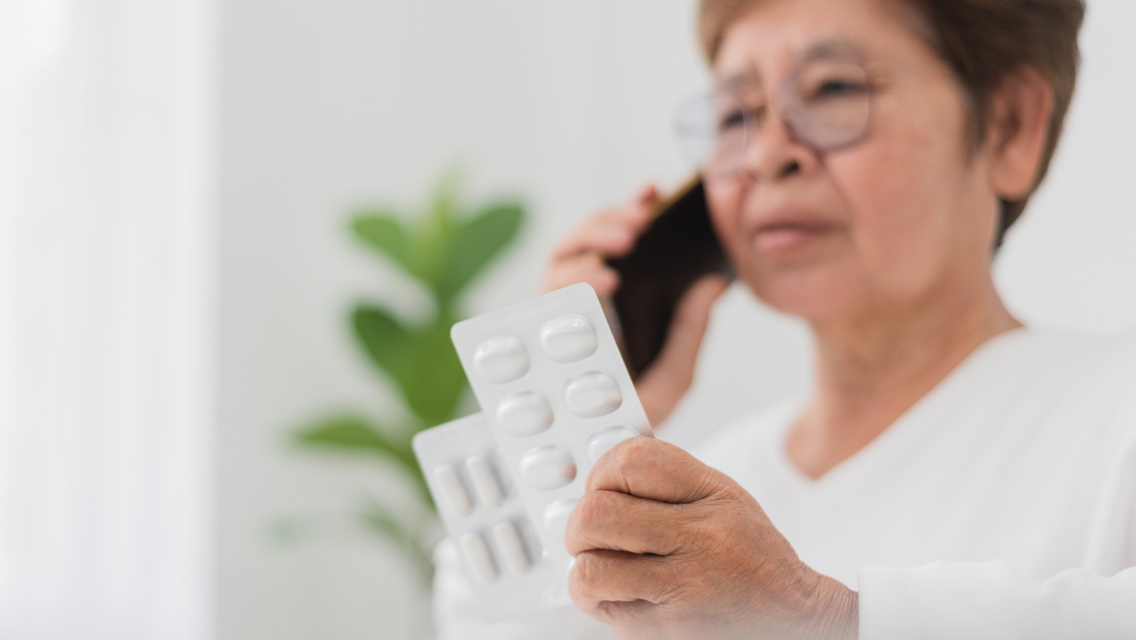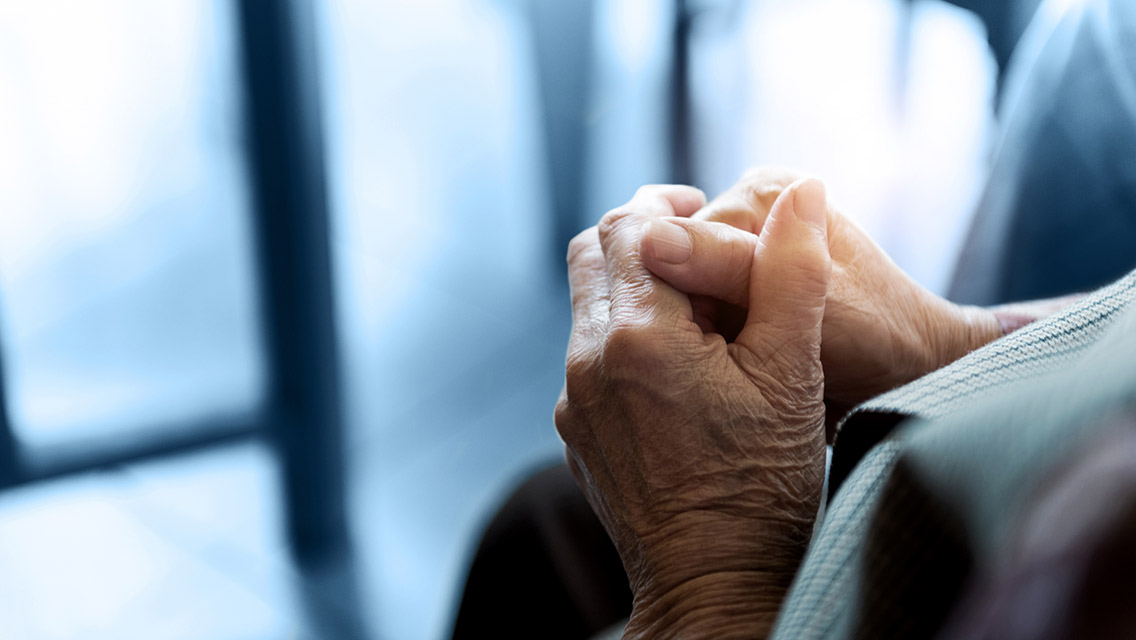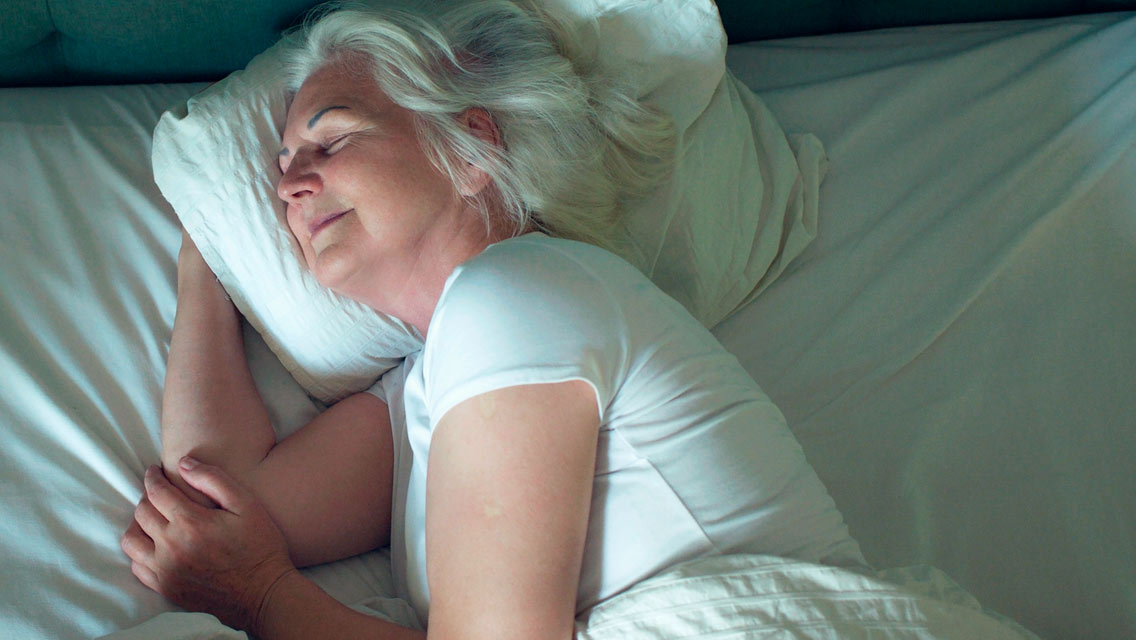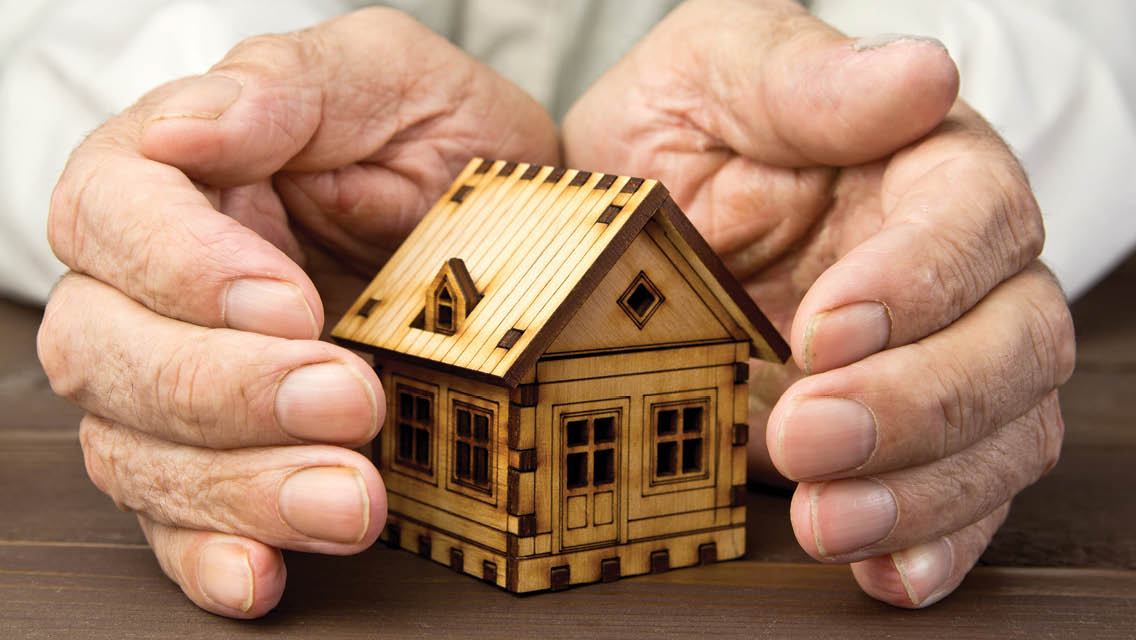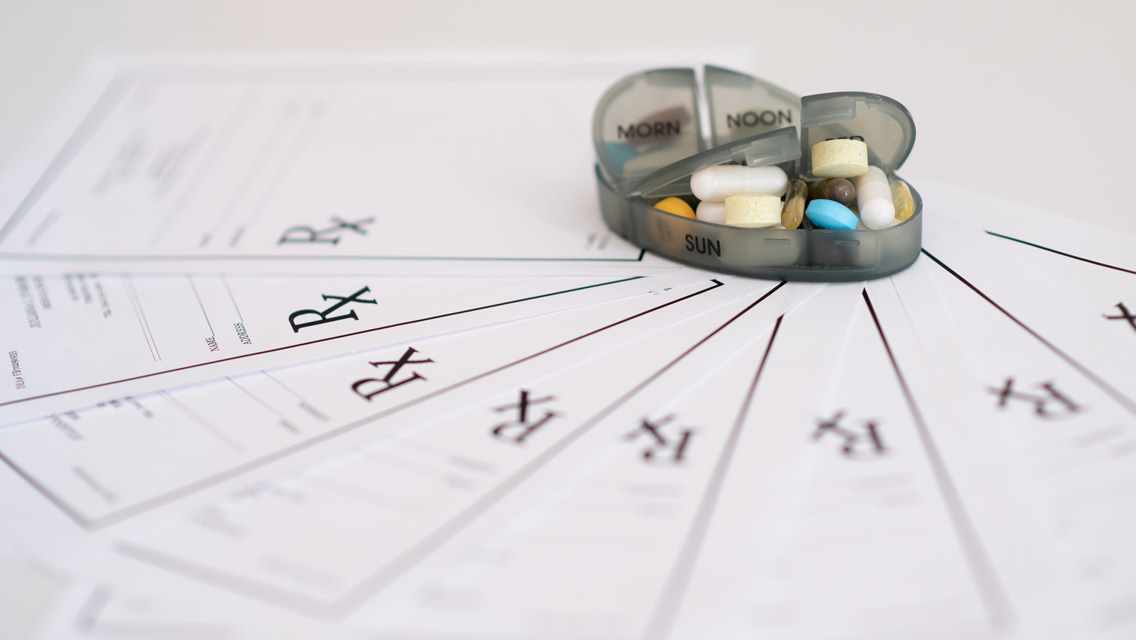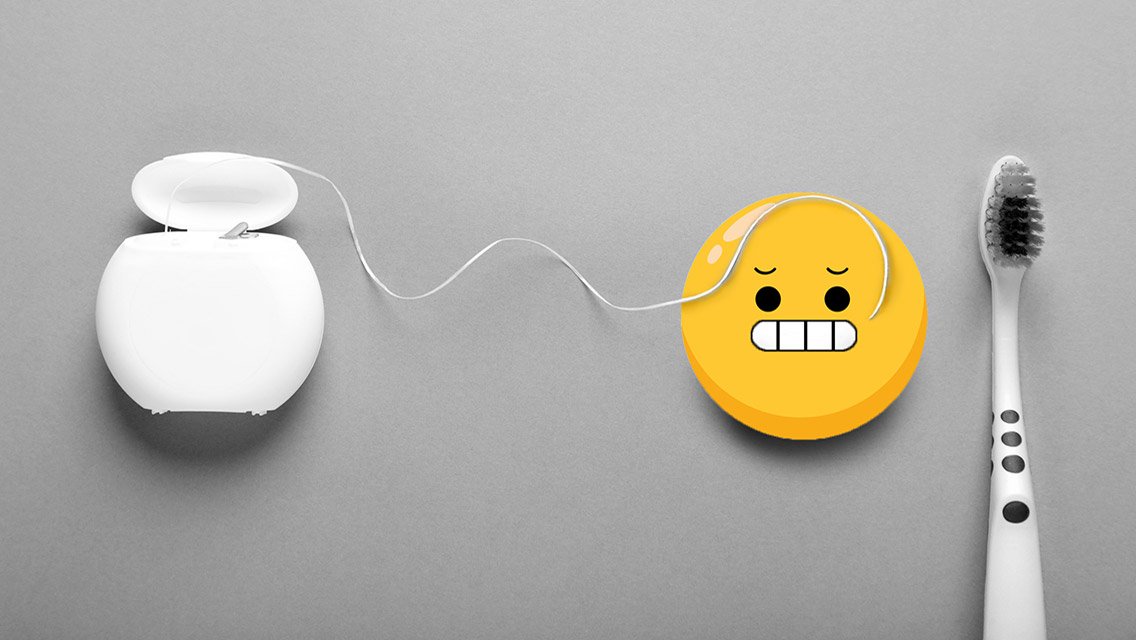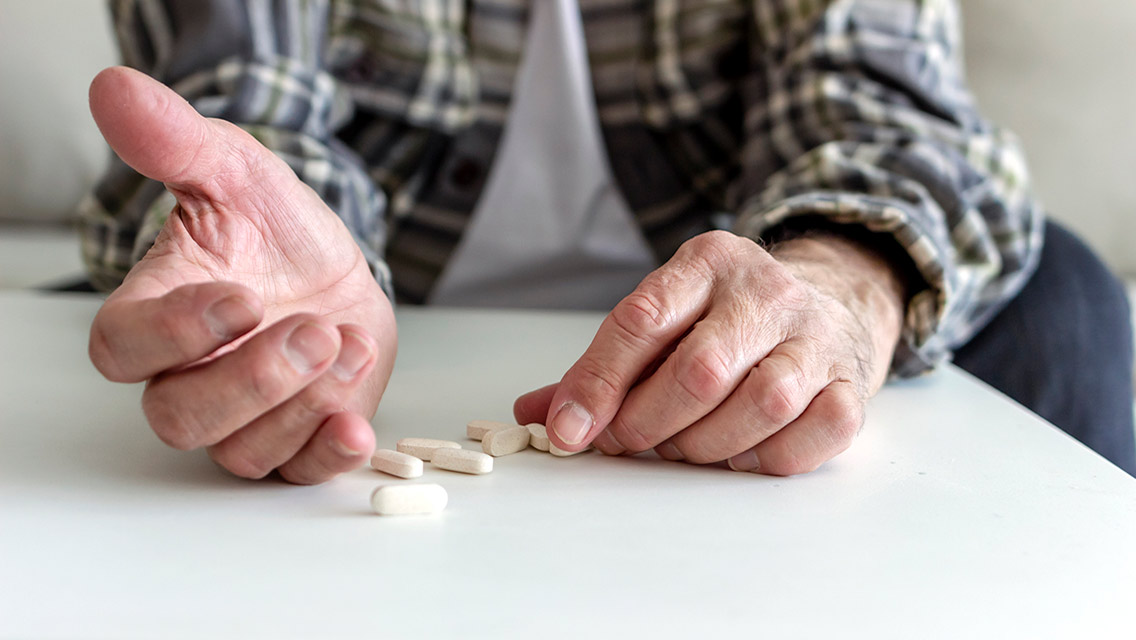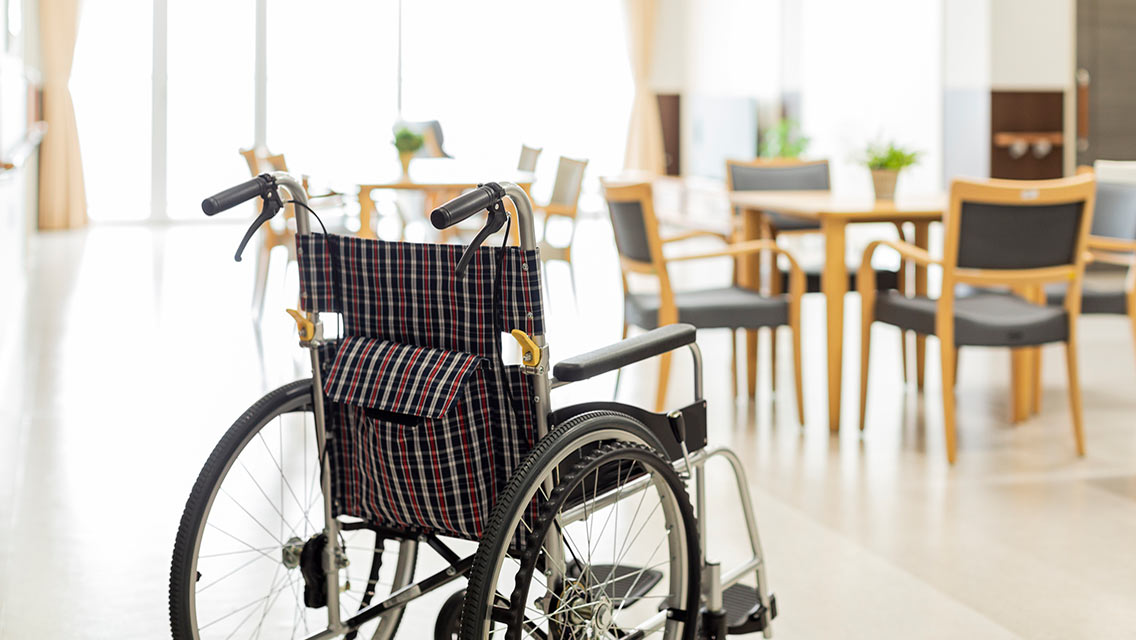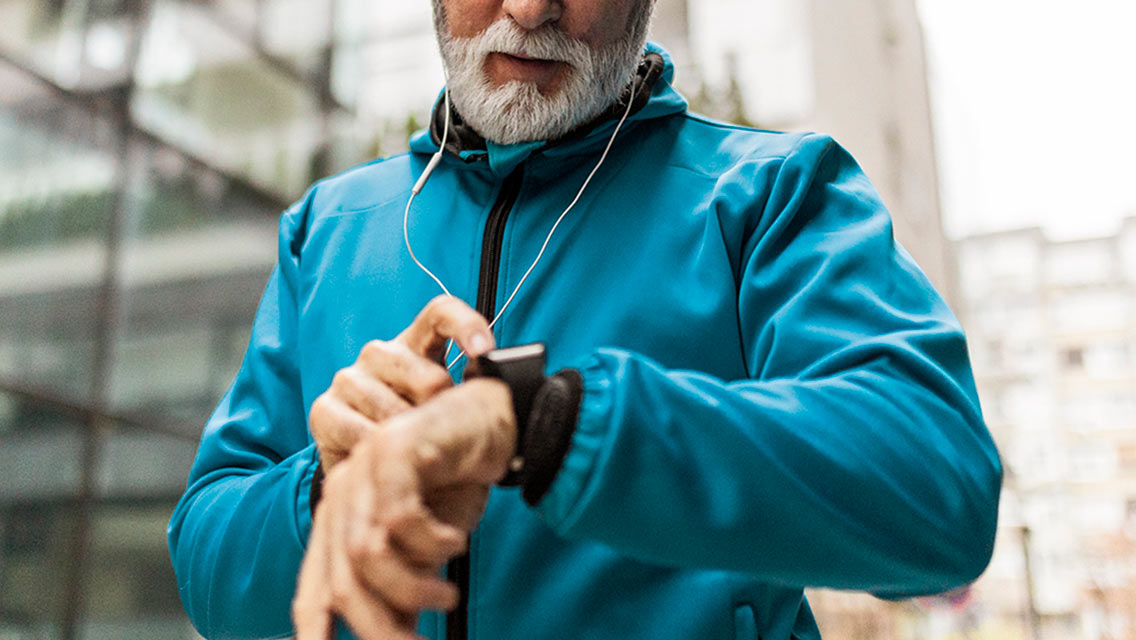Pumping Irony
LATEST STORIES
PUMPING IRONY: Something Worth Remembering
Offering a balm to absent-minded seniors who worry that Alzheimer’s may lurk just around the corner, a new Mayo Clinic study suggests that memory loss may not necessarily mean dementia.
PUMPING IRONY: The Hidden Human Costs of Healthcare
The time and energy seniors expend to navigate our fragmented healthcare system — and protect themselves from unscrupulous insurers — often adds an overwhelming burden to those already coping with chronic illnesses.
PUMPING IRONY: For Anxious Seniors, a Worrisome Recommendation
An alarming portion of American seniors suffer from various undiagnosed anxiety disorders. And though treatment options are expanding, a recent ruling by an influential task force virtually guarantees that few will receive the help they need.
PUMPING IRONY: Overstating the Case for Statins?
New research argues that a popular calculator designed to measure the risk of heart disease may have led to millions of unnecessary statin prescriptions. A new tool may provide a more accurate assessment.
PUMPING IRONY: On the Alzheimer’s Frontier, Big Pharma Plays Regulatory Roulette
New research suggests that we may be closer than ever to understanding a cause of Alzheimer’s. Will a suddenly more scrupulous Food and Drug Administration give serious consideration to novel treatment options?
PUMPING IRONY: To Protect Your Bones, Get Some Sleep
Millions of older Americans suffer from osteoporosis, a bone disease that makes them especially vulnerable to fractures. Hormones, diet, and a sedentary lifestyle have long been blamed for the affliction, but recent research points to another culprit: too little sleep.
PUMPING IRONY: Redefining Death?
Despite recent attempts to forge some consensus on what qualifies as brain death, physicians often remain uncertain about whether — and when — to pull the plug on a patient.
PUMPING IRONY: A Lucky Move
A retired neighbor’s recent downsizing highlights an increasingly rare real estate win at a time when the vast majority of seniors are facing a serious housing crisis.
PUMING IRONY: When the Pills Are the Problem
Struggling with some annoying side effects of my meds, I’m heartened by new research showing the salutary results of “deprescribing” a popular drug among seniors.
PUMPING IRONY: Boomers on a Binge
Alcohol-related deaths have been rising at an alarming rate among American seniors, who may be unaware of the risks. And while some countries are taking steps to curb consumption, U.S. regulators seem perfectly comfortable with the status quo.
PUMPING IRONY: Molars and Mood
Can poor oral health lead to anxiety, depression, and other psychological disorders? Recent research provides some clues, but nothing to really worry about. Maybe.
PUMPING IRONY: Big Pharma and the Vanishing Pharmacy
Major drugstore chains are shuttering their outlets at an alarming rate, making it harder for seniors to get their prescriptions. Eli Lilly’s new direct-to-consumer drug service may make matters even worse.
PUMPING IRONY: Upon Further Review … New Questions on Aspirin Use
In another blow to conventional wisdom, recent research is challenging the long-held belief that a low-dose aspirin regimen may protect healthy seniors from heart attacks and strokes.
PUMPING IRONY: The New Youth Pill
While the longevity industry touts an obscure generic drug as the latest antiaging panacea, even some of its disciples are counseling caution.
PUMPING IRONY: Broken Homes
The sudden closure of a Pennsylvania nursing home highlights the postpandemic challenges facing an increasingly troubled industry.
PUMPING IRONY: Dementia, Redefined
The Alzheimer’s Association and its Big Pharma allies are working behind the scenes to promote a plan that could vastly increase dementia diagnoses — and, not coincidentally, the demand for drugs that provide little relief.
PUMPING IRONY: Junk Food Jeopardy
Ultraprocessed foods, which first took hold among my baby boomer compatriots, now make up nearly 60 percent of the average American diet. Some experts say our addiction to this fare is lowering our life expectancy.
PUMPING IRONY: There’s an App for That — or Is There?
Fitness trackers have long been promoted as effective tools for monitoring key health metrics, but seniors have mostly ignored them. Recent research explains why
PUMPING IRONY: The Upside of Outside
Can living amid bountiful green space improve a senior’s mental and physical health? New research — and the reemergence of ecotherapy — suggest that spending more time outdoors could make a difference.
PUMPING IRONY: Looking for Trouble in All the Wrong Places?
While Big Pharma plods along in its search for an Alzheimer’s cure, new research suggests relief for some dementia sufferers may not begin in the brain at all.
PUMPING IRONY: Dr. Chatbot Will See You Now
Artificial intelligence is insinuating itself into our shaky healthcare system despite the warnings of experts who believe it may deliver more harm than help.

